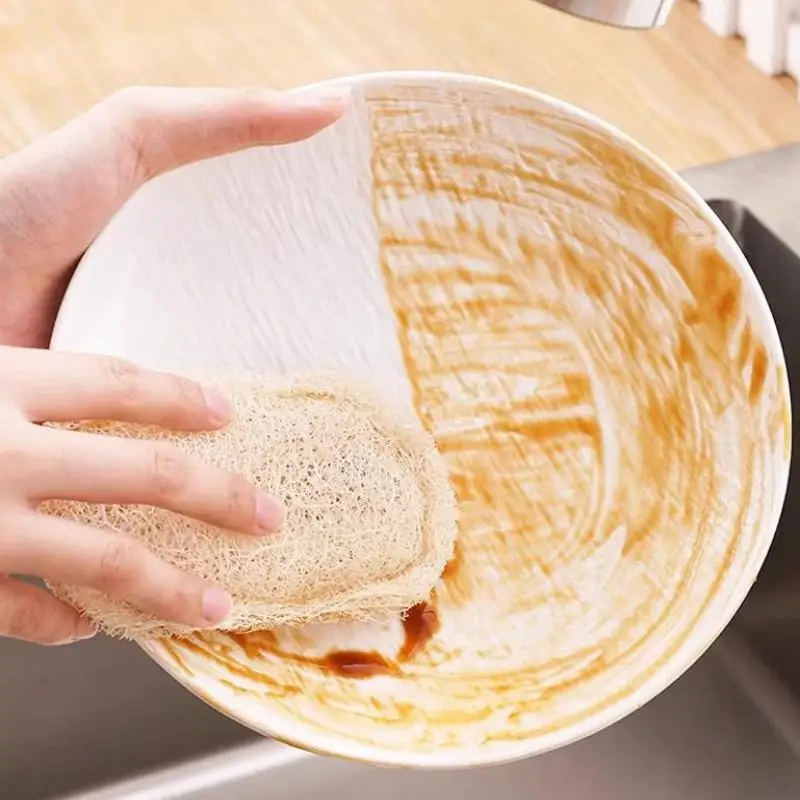In today’s world, adopting eco-friendly practices in the kitchen is a simple yet impactful way to reduce waste, conserve energy, and promote sustainability. By making mindful choices, you can create a greener home while enjoying long-term savings. Here are 10 essential eco-friendly kitchen tips to help you transition to a more sustainable lifestyle.
1. Switch to Sustainable Kitchenware
Ditch single-use plastic and opt for durable, eco-friendly alternatives like bamboo kitchenware, wooden utensils, or stainless steel. These materials are biodegradable, long-lasting, and safer for both you and the environment.
2. Use Cloth Towels Instead of Paper Towels
Paper towels contribute significantly to landfill waste. Swap them for washable cloth towels or reusable napkins. Not only are they cost-effective, but they also add a stylish touch to your kitchen.
3. Choose Natural & Non-Toxic Cleaning Products
Many household cleaners contain harmful chemicals that pollute the air and water. Instead, use eco-friendly cleaning solutions made from vinegar, baking soda, and essential oils. Brands like Seventh Generation and Ecover offer non-toxic, biodegradable options.
4. Buy in Bulk & Store in Reusable Containers
Reduce plastic waste by purchasing pantry staples in bulk. Store grains, nuts, and spices in glass jars, stainless steel canisters, or reusable silicone bags to keep them fresh while eliminating excessive packaging.
5. Start Composting Food Scraps
Food waste is a major contributor to landfill pollution. Composting kitchen scraps like fruit peels, coffee grounds, and eggshells helps create nutrient-rich soil while reducing methane emissions. Consider using a countertop compost bin for convenience.
6. Upgrade to Energy-Efficient Appliances
Energy-efficient appliances reduce electricity and water consumption. Look for ENERGY STAR-certified refrigerators, dishwashers, and ovens to save on utility bills while lowering your carbon footprint.
7. Avoid Plastic Wrap – Use Sustainable Alternatives
Plastic wrap is wasteful and harmful to the environment. Instead, opt for beeswax wraps, silicone lids, or reusable glass containers to keep food fresh without unnecessary plastic waste.
8. Cook with Seasonal & Locally Sourced Ingredients
Buying seasonal and local produce reduces the environmental impact of food transportation and supports local farmers. Plus, fresh produce is packed with more nutrients and flavor!
9. Reduce Water Waste
Be mindful of water usage in your kitchen. Use a dishwasher instead of handwashing dishes whenever possible, as it typically uses less water. Fix leaks immediately and avoid running the tap unnecessarily.
10. Recycle & Repurpose Kitchen Items
Set up a recycling system in your kitchen to properly dispose of glass, plastic, and paper waste. Get creative with repurposing—use old jars for storage, turn tin cans into planters, or upcycle worn-out kitchen tools into decor.
Make Your Kitchen More Sustainable Today
Implementing these eco-friendly kitchen tips will not only reduce waste and conserve energy but also create a healthier living space. Start by making small changes and gradually incorporate more sustainable habits into your daily routine.
Looking for high-quality, sustainable kitchen products? Explore our collection of eco-friendly bamboo utensils, wooden plates, and coconut bowls to make your kitchen greener today!
Thanks for reading. Regards: Emily Smith
























